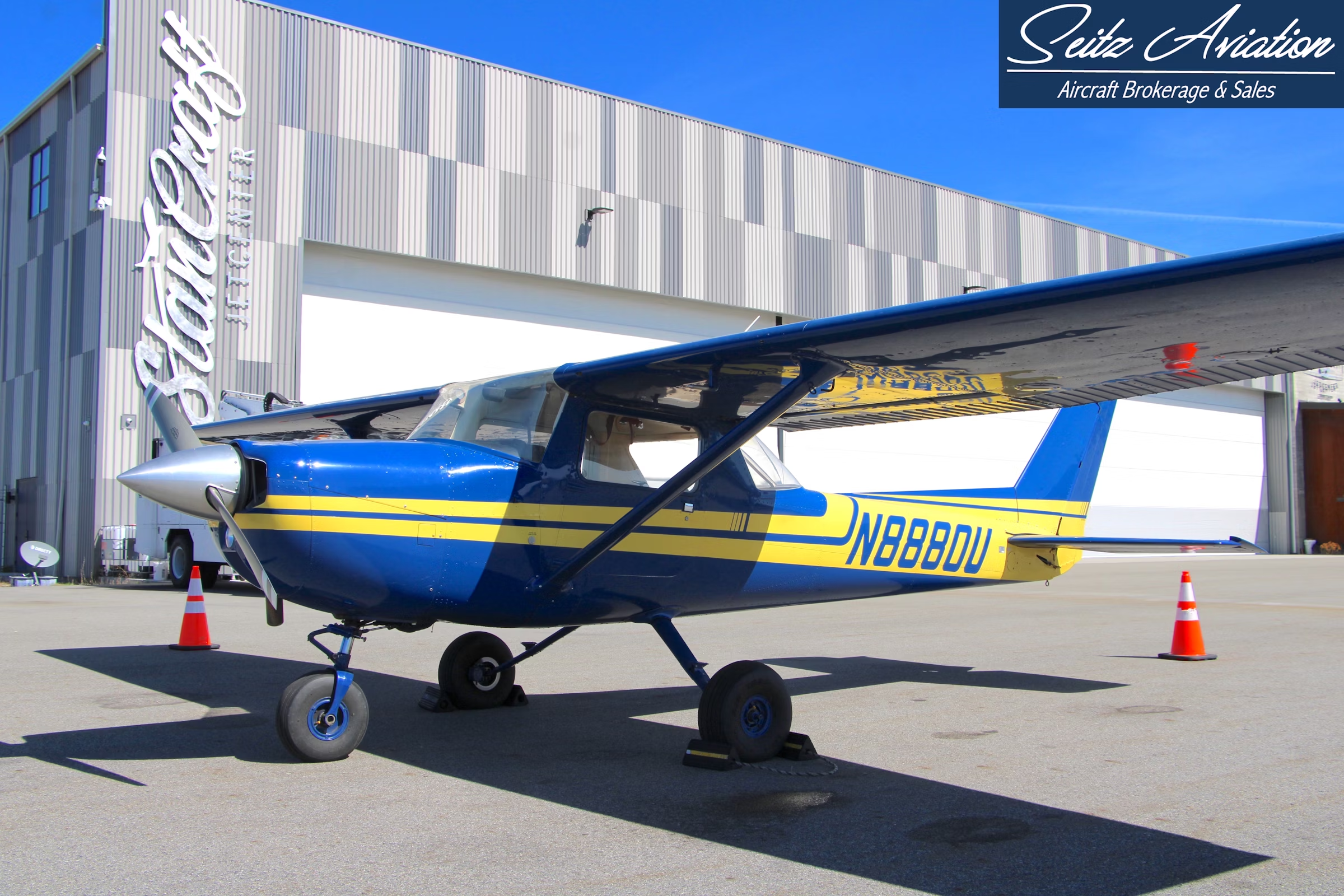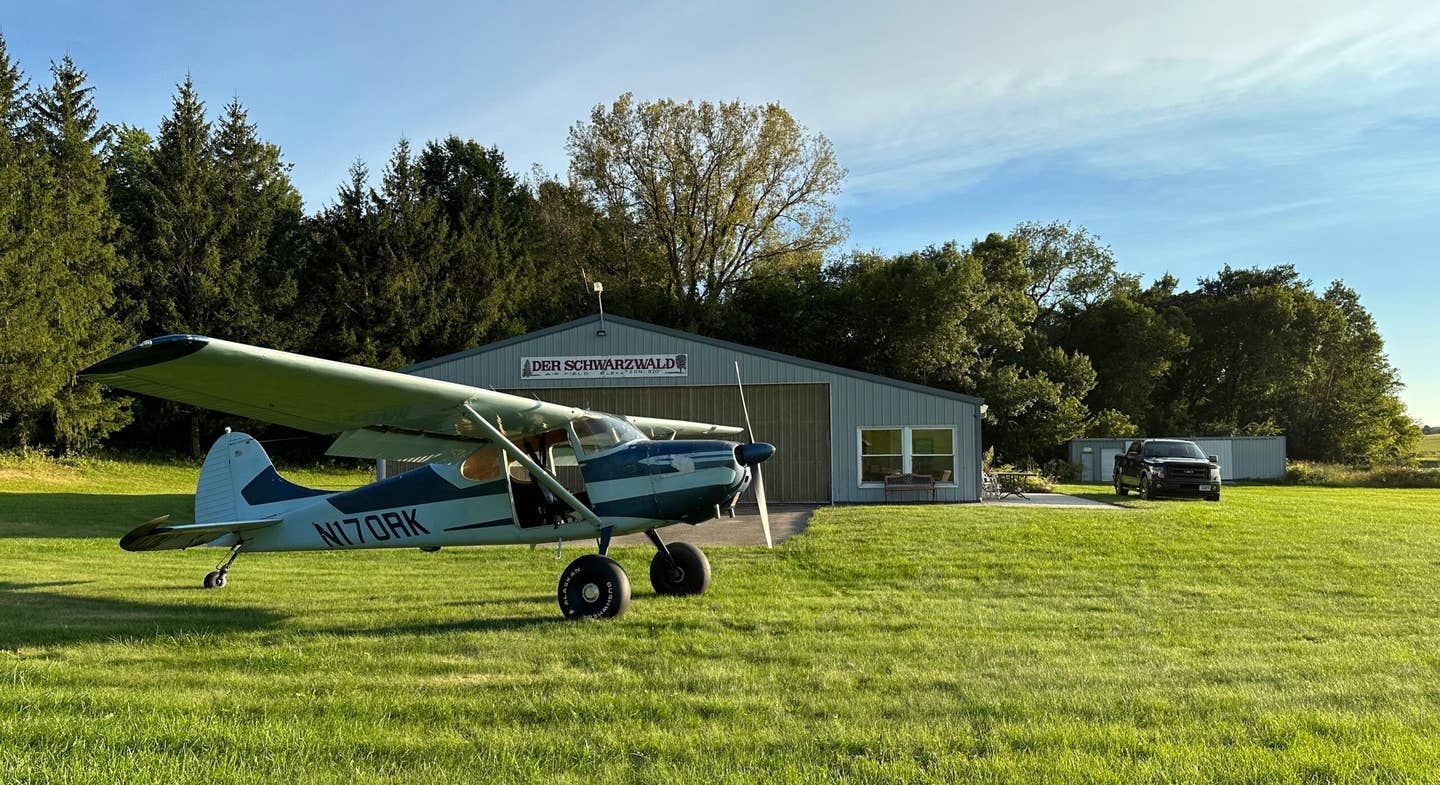
Bassim Haidar, chairman and CEO of Channel IT Group, speaks at EBACE. EBACE
As part of the opening session at the European Business Aviation Convention and Expo on Tuesday, the business aviation environment in Africa was brought into light. Former French minister of foreign affairs and cofounder of Doctors Without Borders Bernard Kouchner recounted several stories during his remarks. “The jeep of the sky,” was what Kouchner called the Douglas DC-3 that flew him into Nigeria on an early humanitarian mission, as part of a small group of dedicated health professionals who sought to establish a medical center there. After being targeted by anti-aircraft guns, the aircraft returned to base and they had to try again.
Though the threat of being shot at depends greatly on where in Africa you fly today, the average business aviation mission holds additional challenges as compared to a similar trip in Europe. Exactly how this plays out? Nigerian-born Channel IT Group chairman and CEO Bassim Haidar, also a speaker featured in the general session, recounted the multiple ways in which general aviation is vital to expanding business on the African continent. For example, in order to get from one country to another via the airlines, you must often fly to Europe and back into Africa, because no robust route structures exist within the continent.
In fact, Haidar highlighted that working in an emerging market is “impossible” following any crisis. Airlines cut off operations, leaving international workers stranded. So what’s left? Private aviation.
However, challenges maintaining corporate flight operations mount in the face of expensive and extended AOG (aircraft on ground) time. Lack of available parts and skilled labor make maintenance particularly costly and time-consuming. Haidar suggested ways to mitigate this, including a more efficient maintenance approach — and combating the impression that jets are only for the elite, the “fat cats.”
On the forefront of this fight is the African Business Aviation Association (AfBAA), which features an increased presence at EBACE this year, its fourth at the show. Discussing its regional conferences and more localized roundtable events, executive director Rady Fahmy outlined the impressive plans the group has launched. Fahmy acknowledged that AfBAA needs to recognize multiple modalities from the beginning, as drones loom large in potential cooperation — or conflict — with more traditional business aviation activities. Serving 54 countries ranging from great resource wealth to grinding poverty, AfBAA has a good start — but a big task ahead — in its quest to support business aviation in Africa.
Check out some of the business jets on display at this year's EBACE. Photo Gallery

Sign-up for newsletters & special offers!
Get the latest FLYING stories & special offers delivered directly to your inbox






